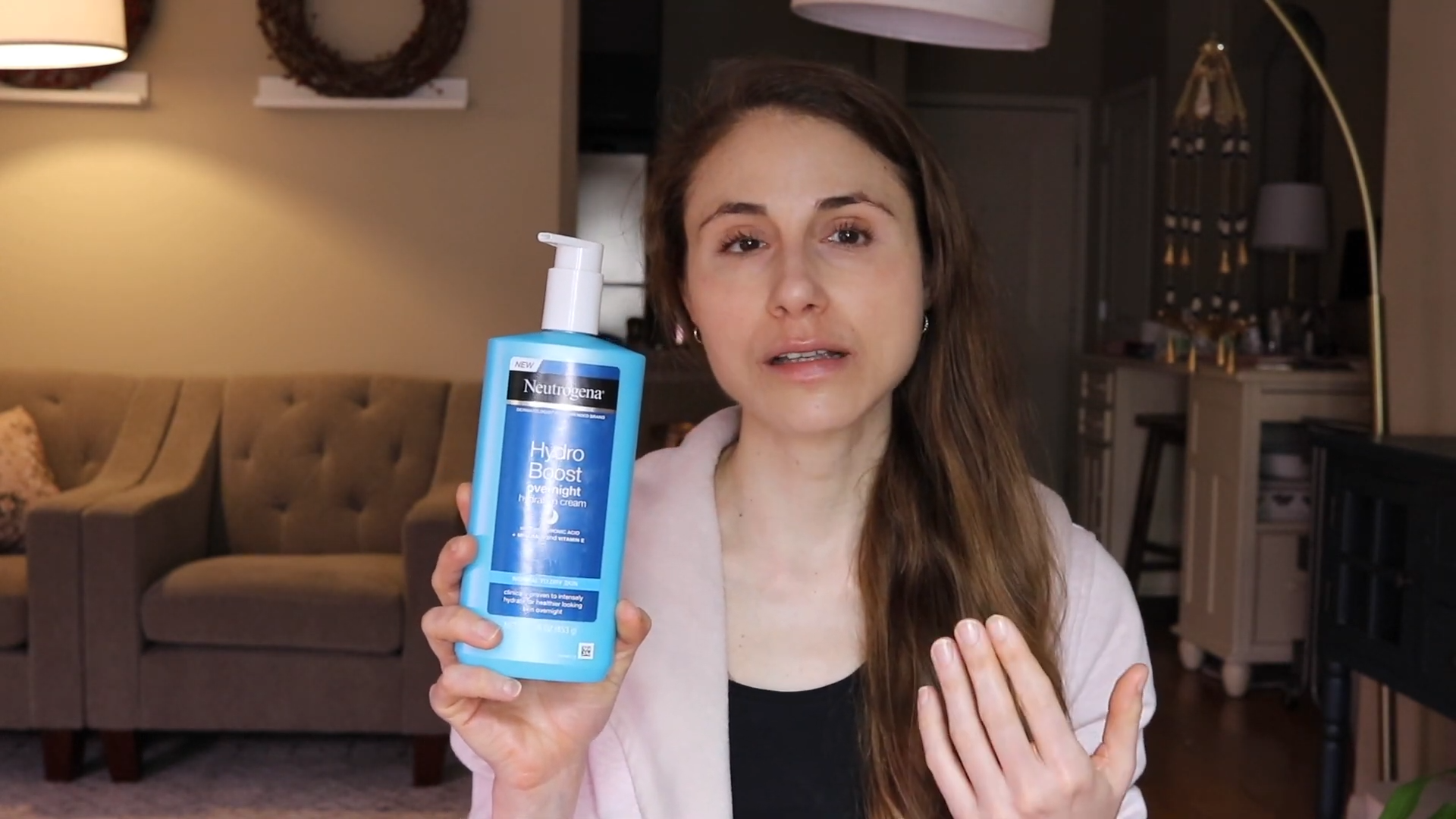When choosing between gel and cream moisturizers, it’s important to consider how each type impacts your skin. Gel moisturizers are known for their lightweight, hydrating properties, making them ideal for oily or acne-prone skin types. They provide moisture without feeling heavy or greasy, often absorbing quickly and leaving a fresh, dewy finish. On the other hand, cream moisturizers offer a richer, more emollient texture that can be beneficial for dry or mature skin. They provide a deeper level of hydration and create a barrier to lock in moisture, which can help combat dryness and signs of aging.
Understanding the differences between gel and cream moisturizers can help you select the best product for your skin’s needs. While gel moisturizers are often preferred for their lightness and quick absorption, cream moisturizers are valued for their intensive hydration and protective qualities. By evaluating your skin type and concerns, you can make an informed decision on which type of moisturizer will best support your skincare routine.
What is a Gel Moisturizer?
A gel moisturizer is a lightweight, water-based product designed to provide hydration without added oils. Its gel-like consistency allows for quick absorption, making it a suitable choice for those with oily or acne-prone skin. Gel moisturizers often contain ingredients such as hyaluronic acid and aloe vera, which help to hydrate and soothe the skin while maintaining a fresh, non-greasy feel.
These moisturizers are ideal for warmer climates or during the summer months when a heavier cream might feel too suffocating. The lightweight nature of gel moisturizers ensures that your skin remains hydrated and refreshed without feeling weighed down, which can be particularly beneficial for individuals with combination skin.
What is a Cream Moisturizer?
A cream moisturizer is a thicker, oil-based product that provides a more substantial level of hydration. It is formulated to create a barrier on the skin, which helps to lock in moisture and protect against environmental factors. Cream moisturizers are generally recommended for dry or sensitive skin types as they offer more intensive hydration and help to improve skin texture.
Cream moisturizers often include ingredients such as shea butter, ceramides, and glycerin, which work to nourish and repair the skin’s natural barrier. This makes them a good option for those dealing with dryness, flakiness, or signs of aging, as they provide lasting moisture and enhance the skin’s overall softness and elasticity.
1. Key Differences Between Gel and Cream Moisturizers
Gel and cream moisturizers differ significantly in their formulation and benefits. Gel moisturizers are primarily water-based, which makes them lightweight and ideal for oily or combination skin. They tend to absorb quickly and provide a cooling effect, which is refreshing and non-greasy.
In contrast, cream moisturizers are oil-based, offering a richer texture that is better suited for dry or mature skin. They provide a more substantial layer of hydration and help to strengthen the skin’s barrier, making them suitable for more intensive moisture needs and protection against environmental stressors.
2. Benefits of Gel Moisturizers
Gel moisturizers are beneficial for those who prefer a light, non-greasy feel on their skin. Their water-based composition allows for quick absorption and a fresh finish, making them ideal for daytime use or in hot weather. They also often include ingredients that soothe and hydrate without clogging pores.
Additionally, gel moisturizers can help balance oil production in the skin, which can be particularly advantageous for individuals with acne-prone or combination skin. By keeping the skin hydrated without excess oil, gel moisturizers contribute to a clearer, more even complexion.
3. Benefits of Cream Moisturizers
Cream moisturizers excel in providing deep hydration and nourishment, making them well-suited for dry or mature skin types. Their oil-based formulas create a barrier that locks in moisture and helps to repair the skin’s natural barrier. This can be especially beneficial for combating dryness and reducing the appearance of fine lines.
The rich, emollient texture of cream moisturizers also helps to improve skin texture and elasticity. By offering sustained hydration and protection, cream moisturizers support overall skin health and can enhance the skin’s softness and suppleness over time.
Choosing the Right Moisturizer for Your Skin
When deciding between gel and cream moisturizers, it’s important to consider your skin type and specific needs. Gel moisturizers are ideal for those seeking a lightweight, hydrating option that absorbs quickly and provides a fresh finish. They are well-suited for oily or combination skin types and offer a non-greasy solution.
Cream moisturizers, on the other hand, provide richer hydration and are beneficial for dry or mature skin. Their thicker texture helps to lock in moisture and repair the skin’s barrier, making them a great choice for intensive hydration. By understanding the unique benefits of each type, you can select the moisturizer that best supports your skin’s health and appearance.








